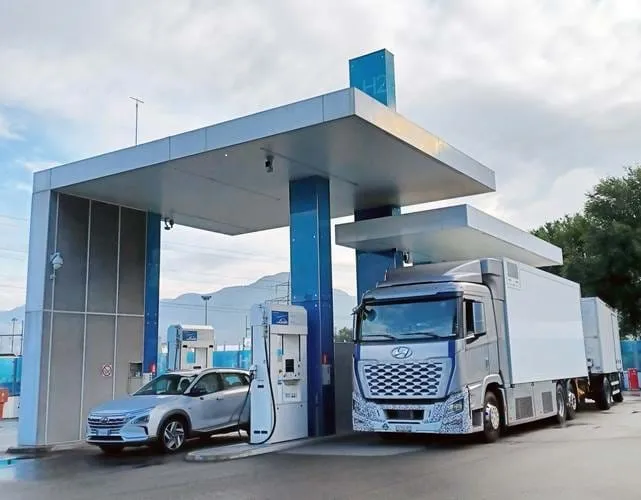As part of an initiative to develop a modern transport system for Ho Chi Minh City, the municipal administration plans to spend around US$152 million on a bus rapid transit (BRT) project that will run along the 25km Vo Van Kiet – Mai Chi Tho boulevard, connecting the eastern and western parts of the city. The BRT system is expected to have 30 modern buses and, according to the municipal transport department, is a feasible solution for traffic congestion problems. A green corridor that will use solar energy
October 23, 2012
Read time: 2 mins
As part of an initiative to develop a modern transport system for Ho Chi Minh City, the municipal administration plans to spend around US$152 million on a bus rapid transit (BRT) project that will run along the 25km Vo Van Kiet – Mai Chi Tho boulevard, connecting the eastern and western parts of the city.
The BRT system is expected to have 30 modern buses and, according to the municipal transport department, is a feasible solution for traffic congestion problems. A green corridor that will use solar energy and have trees planted at all stations will also be part of the project.
A draft project document will be delivered to the Ministry of Planning and Investment by late October 2012. By the beginning of 2014, it is projected that the management board of the2000 World Bank will approve the BRT project and in the same year, it will be submitted to the government for placing in the Official Development Aid (ODA) list.
Of the US$152 million, the World Bank will be funding US$10 million which will be used for human resources training and to develop the public transport administration. The balance of US$142 million will be loaned from the International Bank of Reconstruction and Development (IBRD) for infrastructure construction, including parking lots, management systems, depots and elevated roads for pedestrians.
The BRT system is expected to have 30 modern buses and, according to the municipal transport department, is a feasible solution for traffic congestion problems. A green corridor that will use solar energy and have trees planted at all stations will also be part of the project.
A draft project document will be delivered to the Ministry of Planning and Investment by late October 2012. By the beginning of 2014, it is projected that the management board of the
Of the US$152 million, the World Bank will be funding US$10 million which will be used for human resources training and to develop the public transport administration. The balance of US$142 million will be loaned from the International Bank of Reconstruction and Development (IBRD) for infrastructure construction, including parking lots, management systems, depots and elevated roads for pedestrians.









